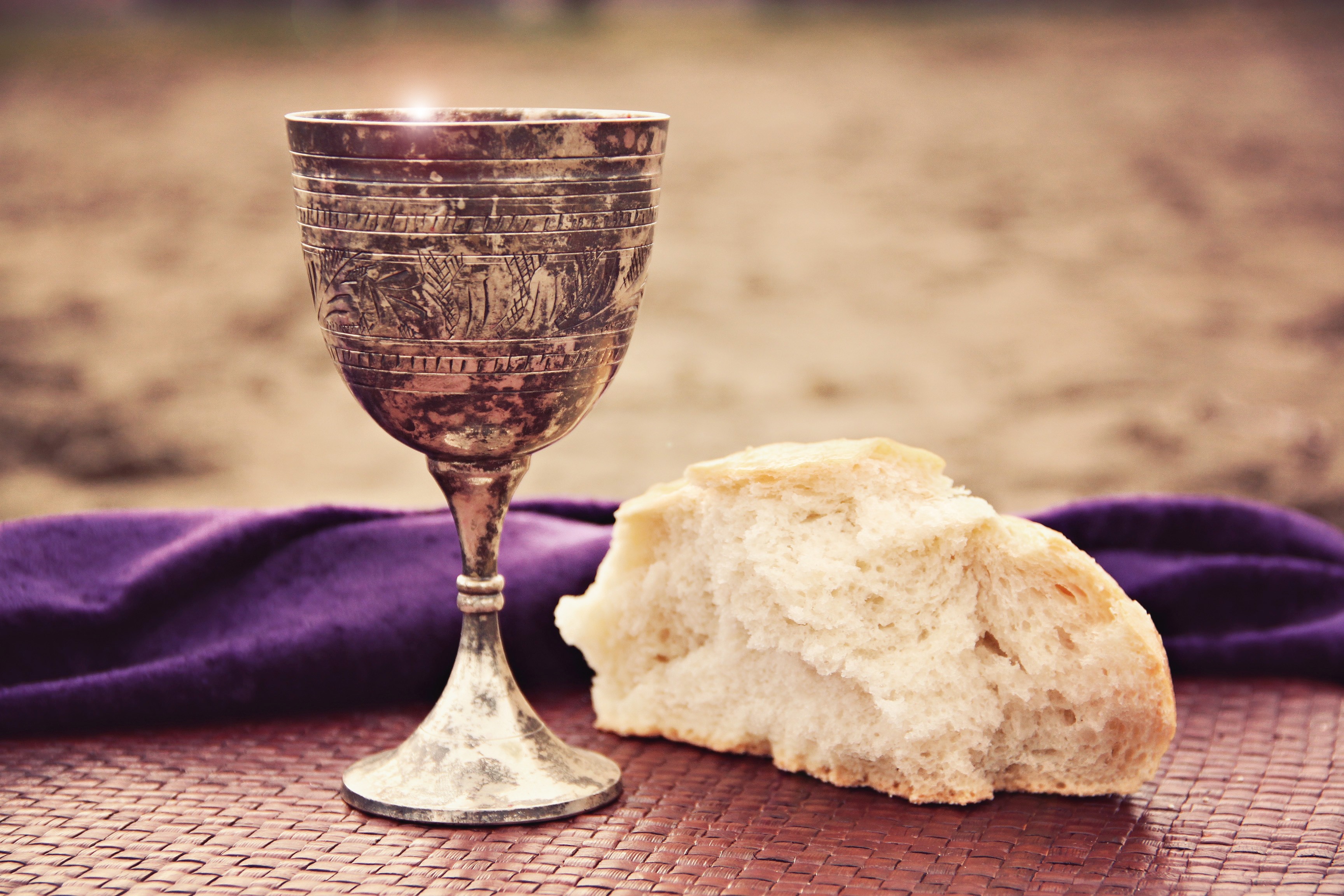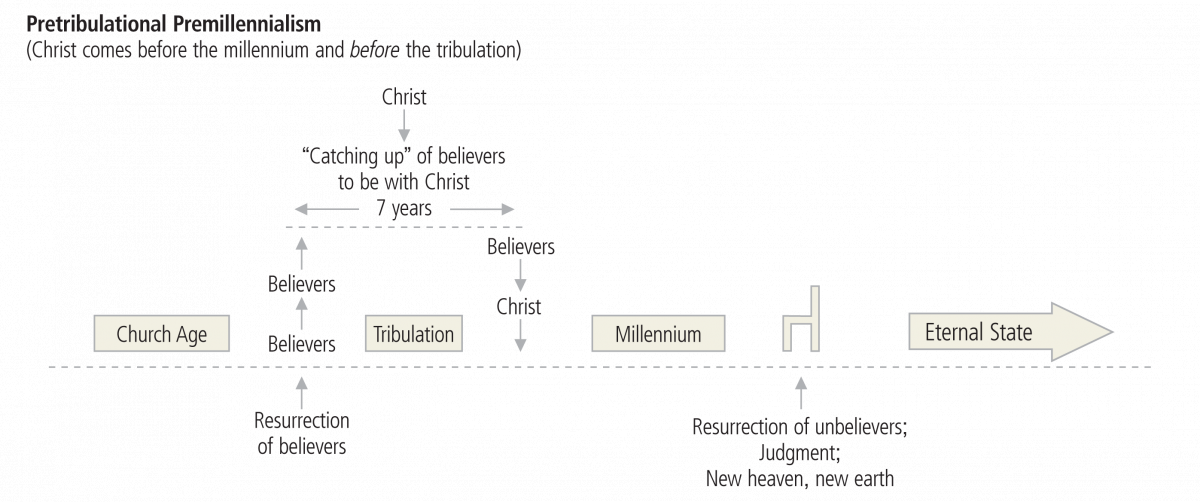Musical instruments accompany the singing of the people of God and empower their singing and worship. There may be legitimate worship and singing without the use of any instruments, if a church chooses to do so. But why would any church do so if God has commanded (a strong word?), as in Psalm 150, to praise Him with every kind of instrument? It does not, to me at least, matter whether the early church rejected musical instruments (I’m not well versed in Church History) or if the Reformers rejected musical instruments. The important thing is, “What does Holy Writ say?” I believe that it commands the use of instruments as accompaniment to singing in worship.
4. Prayer

This point was mentioned in the previous two paragraphs (see above). We are to pray at Church as a Church especially because the Father’s house is a “house of prayer” (Matt. 21:13).
5. Baptism

The Lord gave us two ordinances in which His Word is made visible to us. Before ascending to Heaven, He commanded His disciples to “make disciples of all nations, baptizing them in the name of the Father and of the Son and of the Holy Spirit” (Matt. 28:19). Baptism is an essential part of the Christian life. It does not save, yet the neglect thereof is a sin because it disobeys God’s direct command. As a Baptist, I believe that baptism is only valid when a professing believer gets baptized, and not an infant. But more about this will be said in chapter 29, Lord willing.
6. The Lord’s Supper

The second visible sign which the Lord has given us is the breaking of bread as the early Christians called it (Luke 24:35; 2:42, 46; 20:7, 11; 1 Cor. 10:16-17). It is also called the Lord’s Table (1 Cor. 10:21). We feast on Christ spiritually when we partake of the bread and wine, which reminds us of Him and of His great sacrifice on our behalf. His body was broken for our sins (Isa. 53:10) and by His blood, our sins are washed away (1John 1:7). Moreover, the cup symbolizes, for our Lord alone, that He took upon Himself the full wrath of God on behalf of His people (e.g. John 18:11). As long as we celebrate the Lord’s Supper, we remember His work done on our behalf, we feast upon Christ and His benefits and furthermore, He ministers grace to us as we intimately meet with Him. Therefore, this holy ordinance should not be neglected.
Some churches choose to partake of the Lord Supper every Lord’s Day, but the danger in this is that it becomes very usual and nothing special. Other congregations celebrate the Lord’s Table once a month (my current church non-Reformed church), or once in three months, or some even once a year. I believe that once a month is pretty good and I find myself often looking forward to the first Lord’s Day of the month to celebrate the Lord’s Supper. Once in three months and once a year seems pretty long to me to withhold the people of God from this means of grace. I think that there is directions in the Word of God to celebrate it every Lord’s Day as in the words of Paul, “as often as you eat this bread and drink the cup, you proclaim the Lord’s death until he comes” (1 Cor. 11:26). Don’t we want to proclaim the Lord’s sacrificial death and subsequent resurrection every Lord’s Day? Don’t we want to remember Him each Lord’s Day through this ordinance (e.g. 1 Cor. 11:24)? Why then not celebrate this token which the Lord Christ has given us each Lord’s Day? Furthermo...








